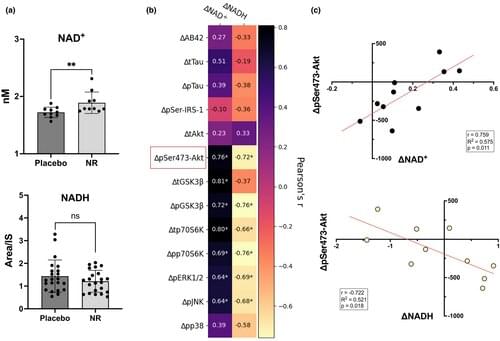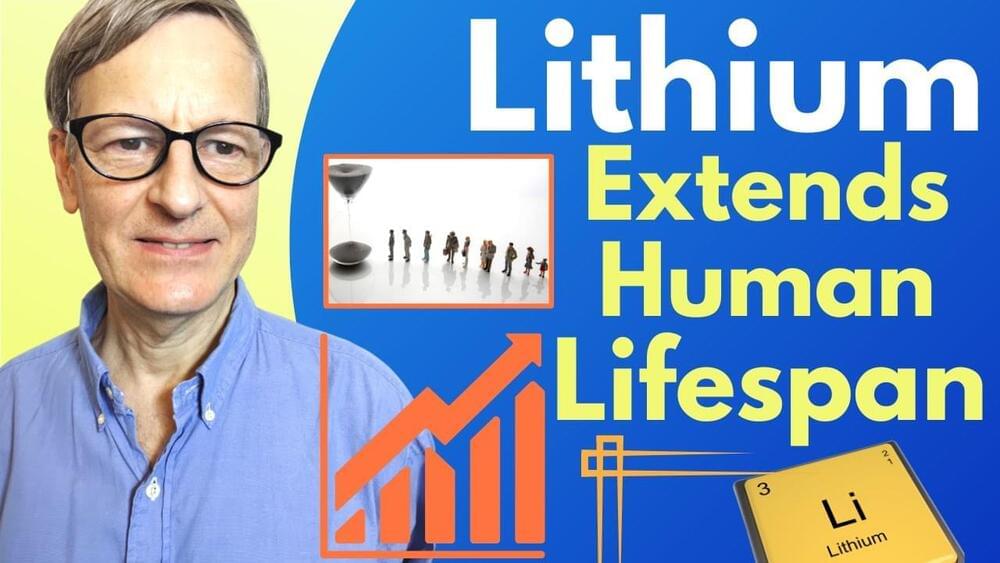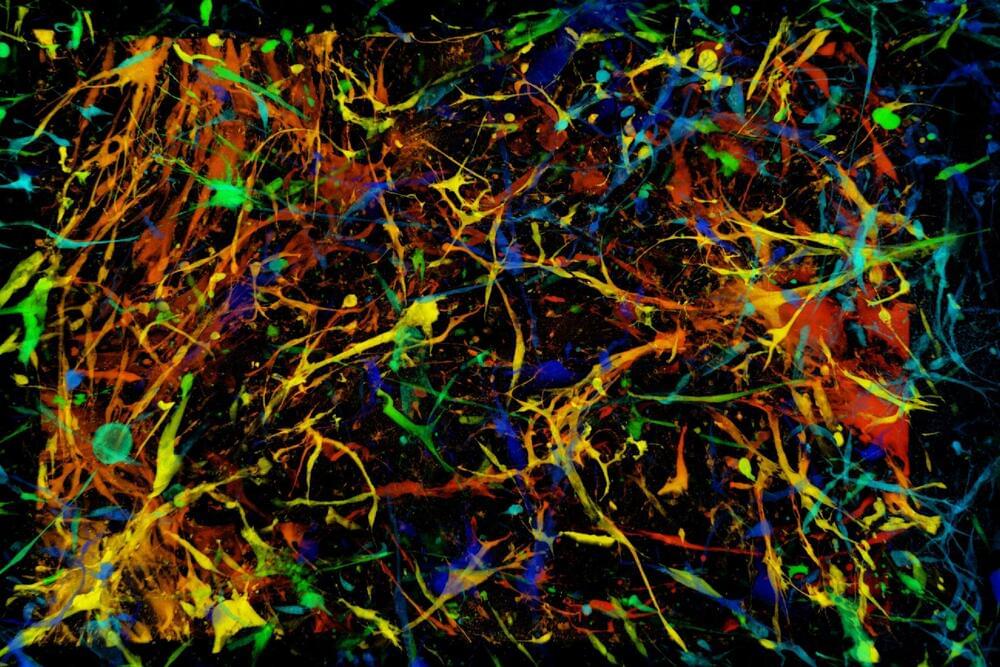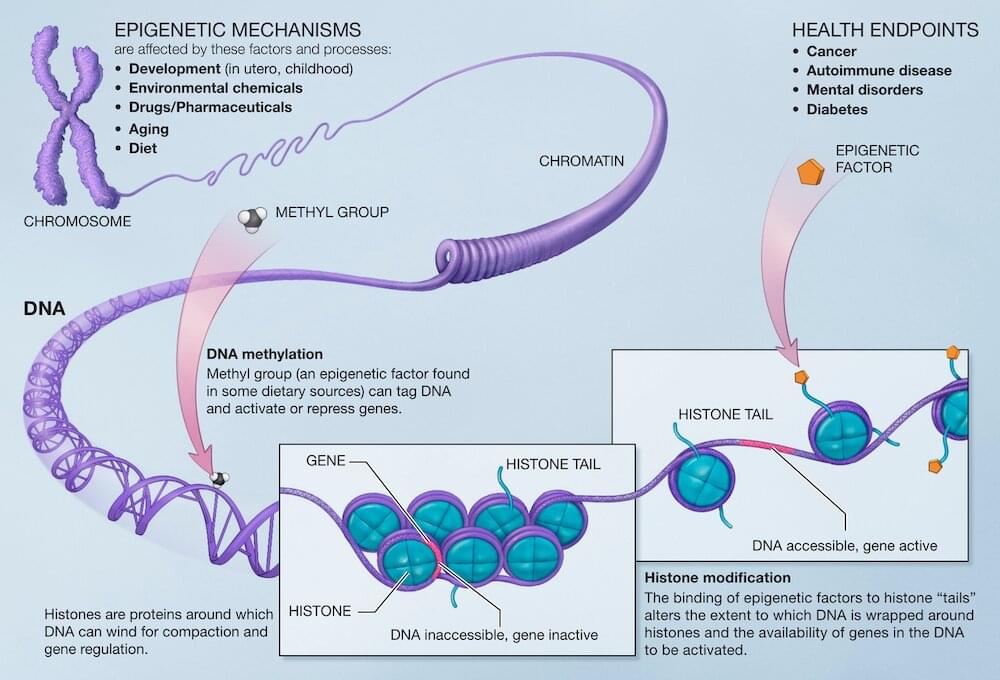Feb 24, 2023
Is reverse aging already possible? Drugs that could treat aging might already be on the pharmacy shelves
Posted by Paul Battista in categories: biotech/medical, life extension, neuroscience
“People on metformin have 30% lower rates of almost every kind of cancer. It delays cognitive decline. Even people with diabetes who are obese and have more disease to start with but are on metformin have lower mortality rates than people without diabetes who aren’t on the drug.”
What he says is born out in numerous studies. Overall, this safe, super-cheap, decades-old drug not only treats diabetes, but it also seems to delay and compress the years of chronic illness associated with the final stage of life and extend what geroscientists call the “healthspan.”
Metformin is just one of many medications, including other old ones and some brand new inventions, that academic researchers and biotech startups are exploring to slow, stop, or perhaps even reverse aging.


















